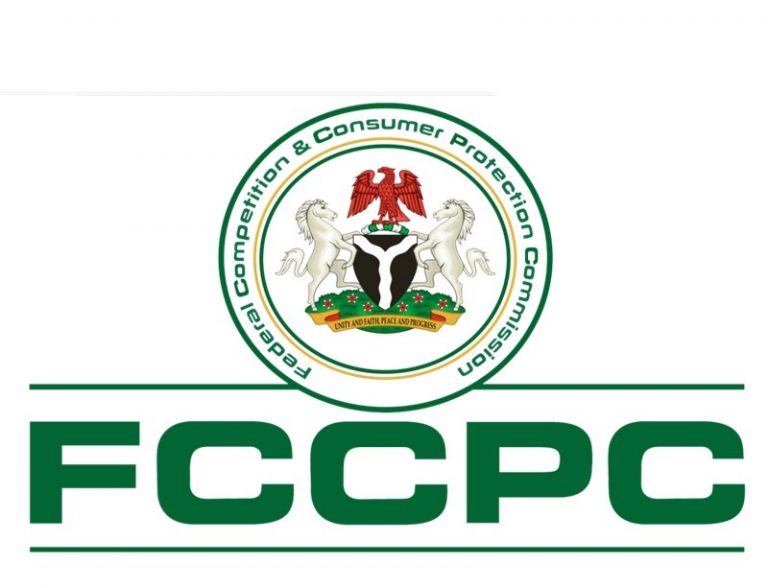
The Federal Competition and Consumer Protection Commission (FCCPC) has expressed concerns regarding the disruptions experienced by Nigerian bank customers on their online banking services, due to system upgrade.
The commission noted that such disruptions which prevented customers from accessing their funds were a violation of customers’ rights.
This comes following the recent system upgrades by several top-tier Nigerian banks, which include Guaranty Trust Bank (GTB), Sterling Bank, Zenith Bank, and First Bank, aimed at improving their digital infrastructure. However, these upgrades left many customers frustrated, following their inability to access funds, complete payments, or carry out essential transactions. Also, it negatively affected millions of businesses.
Register for Tekedia Mini-MBA edition 19 (Feb 9 – May 2, 2026): big discounts for early bird.
Tekedia AI in Business Masterclass opens registrations.
Join Tekedia Capital Syndicate and co-invest in great global startups.
Register for Tekedia AI Lab: From Technical Design to Deployment (next edition begins Jan 24 2026).
Expressing concern about the implications, the FCCPC noted that a lack of access to critical financial services during such transitions can lead to substantial financial hardship, damage public confidence in the banking system, and negatively impact the broader economy. The commission emphasized that, per regulatory standards, banks must inform customers about the cause, scope, and estimated duration of disruptions. In this case, many customers reported being uninformed, and the failure of banks to adhere to the date stated for opening their banking operations increased frustration.
Under the Federal Competition and Consumer Protection Act (FCCPA) 2018, Nigerian bank customers have specific rights to fair service delivery, including the right to reliable, quality service. The FCCPC stressed that in a cashless economy like Nigeria, online banking is essential, not optional, and interruptions preventing customers access to their funds could constitute a breach of these rights.
As the FCCPC continues to assess whether customers’ rights to redress are being upheld, it is collaborating with regulatory bodies, financial institutions, and other stakeholders to address the situation and protect consumers.
FCCPC stated,
“The Federal Competition and Consumer Protection Commission (FCCPC) is deeply concerned about the continuing disruptions in online banking services across Nigeria. These cording disruptions, which have hindered customers from accessing their funds, making payments, and carrying out essential transactions, have negatively impacted millions and have serious implications for individuals and businesses alike. Under the Federal Competition and Consumer Protection Act (FCCPA) 2018, bank customers have specific rights to guarantee fair and accountable service delivery.
“A key provision is the right to quality service, which mandates that all service providers, including banks, maintain acceptable levels of functionality and reliability. When banks cannot maintain access to essential financial services, they are arguably failing to meet this standard, potentially leading to significant financial hardship, loss of trust in the banking system, and damage to the overall economy. The FCCPA further grants consumers the right to reasonable access to goods and services a principle that is compromised when technical failures impede customers’ access to their funds.”
The commission has therefore assured affected customers that their concerns are being taken seriously, urging banks to restore services quickly, prioritize customer support, and maintain clear communication to manage expectations.
In a bid to keep up with the ever-evolving banking system, most Nigerian banks recently conducted upgrades to their core banking applications. It is understood that modern core banking systems provide banks with increased flexibility and scalability to address ever-evolving market demands and future expansion plans.
Also, these systems and platforms connect seamlessly with third-party providers, allowing banks to open up their ecosystem to offer new and innovative services to their customers. While this move is aimed at improving banking services, customers have continued to suffer service disruption.



